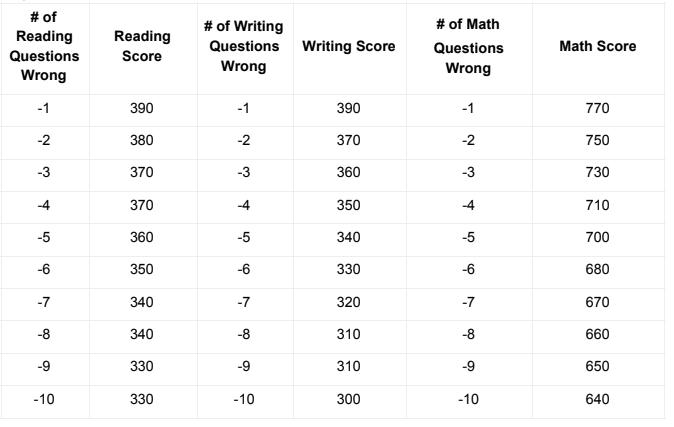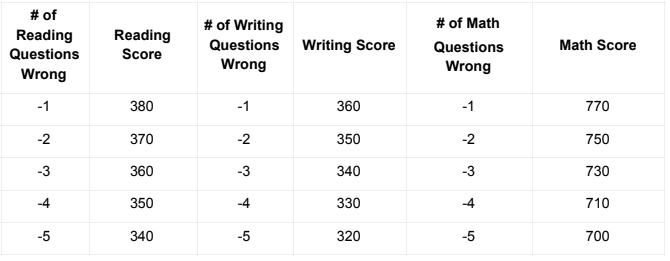It is now June. Colleges have released decisions to the graduating class of high school seniors and as they celebrate and/or cry over the letters they received, juniors are faced with the growing realization that soon it is their turn to begin the daunting process of college applications. But before this process can truly begin, these juniors are faced with a difficult and personal question: Which schools should I apply to and eventually go to?
The initial impulse of most students is to break down their college choices to a simple game of percentages and base their list off of schools that are aligned with their academic merit, i.e. many academically accomplished students will blindly apply to most of the Ivy League and other top tier institutions hoping for an opportunity to obtain a coveted spot into their acceptance lists. However, to approach one’s college list in this manner is actually a monumental mistake. Colleges are incredibly diverse both in atmosphere and approach, and an appropriate fit for one student can be completely incompatible to one of his/her siblings even if from a cursory review their academic stats may make it seem that they are equivalent to one another. In reality, application/academic viability is only one category out of many that need to be considered when deciding which schools are best to apply to and it is the goal of most college counselors to help students find schools that fall into that viable academic window while still accounting for what is the best “fit” for the student.
College “Fit” is best defined as the categories or traits about a college that most align with a students needs and while there are a lot of factors that need to be considered, I broke down some of the immediately important ones into a set of broader categories:
Academics, Financial Aid, Campus Setting, Student Body, and Housing
[There are many more factors than above but for the sake of brevity I am cutting this list a bit short]
Academics: Broadly speaking Academics can include a wide array of different factors that all ultimately play an impact on how a student may perform when they first enter campus.
Financial Aid: While this section of “fit” isn’t the most applicable to students from more affluent backgrounds with parents who are more than happy to pay for their child’s education, Financial Aid is without a doubt one of the most important aspects of determining whether or not a student should go to or apply to a particular college. This category should rank higher in importance the more financial aid a student needs in order to see attending college as a fiscally responsible endeavor. The reason why I say this is because there is a rather significant number of elite college institutions with a poor history of providing financial aid to students and it is often a frustrating and severely disappointing endeavor to go through the entire process of applying and getting accepted to an institution only to find the student could not attend because they cannot afford it.
Campus Setting: The “Campus Setting” of an institution is best described as the type of general environment surrounding the school. Location and distance from the city is one part of this formula. Some institutions are located in the center of major cities (NYU, Columbia, UCLA, etc) while other institutions can be found relatively far away from a major metropolitan center (Amherst, Cornell, Wellesley, etc) while other institutions can be defined as something in between. While many people may downplay the importance of location to a student’s general enjoyment of their college, it is recommended for students to try to go to institutions more analogous with what they find comfortable. A student who lived their whole life in an urban environment would likely struggle to adapt to one far away from a city. In reverse getting a student used to the more quiet environs of a town to adapt to a major metropolitan center would be difficult as well. Location also plays a critical part with weather. It is important to remind students (particularly those living here in Los Angeles) that winter is real in other parts of America. New York and East Coast states are not gentle to students in the winter. [Side note: The availability of food more aligned with a students personal preference can also play a large part in setting to students]
Student Body: Generally student bodies are reflections of the priorities of their respective institutions. Some schools emphasize technology, some emphasize drive/motivation, and others emphasize leadership. It is important to refrain from typecasting students into particular categories; however, there is merit to be found in making sure students aren’t going to schools where they don’t align with the mission of their respective school and don’t feel they will fit in. Competitive students will thrive in competitive environments but such an environment might also equally hurt students who are less competitive and more communicative. At the same time a competitive student will find certain student bodies incredibly frustrating as they are faced with peers unwilling to challenge them.
Housing: Different schools have vastly different housing situations. It’s very important that students take the time to research what housing situation they prefer. Some schools offer on-campus housing all four years of undergraduate while other major institutions may only offer 1-2 years Some schools even have in-campus organizations that facilitate housing that require being recruited into. Depending on the institution it's important for students to know what they are signing up for before they choose to finally apply and attend campus.
At Royal Education, it is our duty to help students work out what institutions fit with them the most. We are constantly striving to be on top of information and strategies in order to increase students’ chances to get into their dream colleges and we are adapting to society's many changes in light of what is happening with COVID-19. We have helped students receive offers from internships and summer programs in various nonprofit organizations and universities even during these tumultuous times, and we hope to be able to do the same for your child. Feel free to reach out to us to schedule a meeting if you have any questions or if you are interested in any of our services:
Website: www.royaled.net
Phone Number: (818)-275-3424
Facebook: www.facebook.com/royaleducationinc
YouTube: https://www.youtube.com/royaleducation
Twitter: @royaleducate











